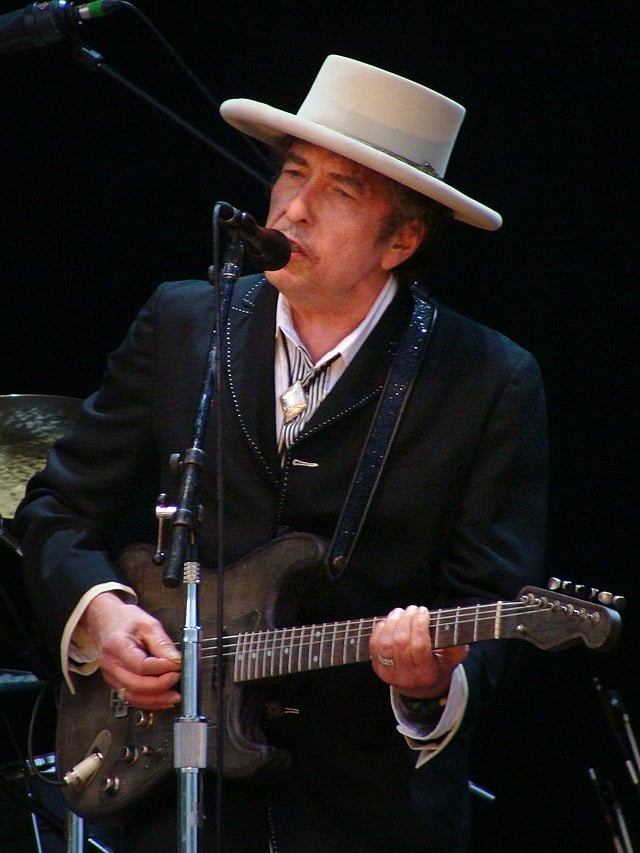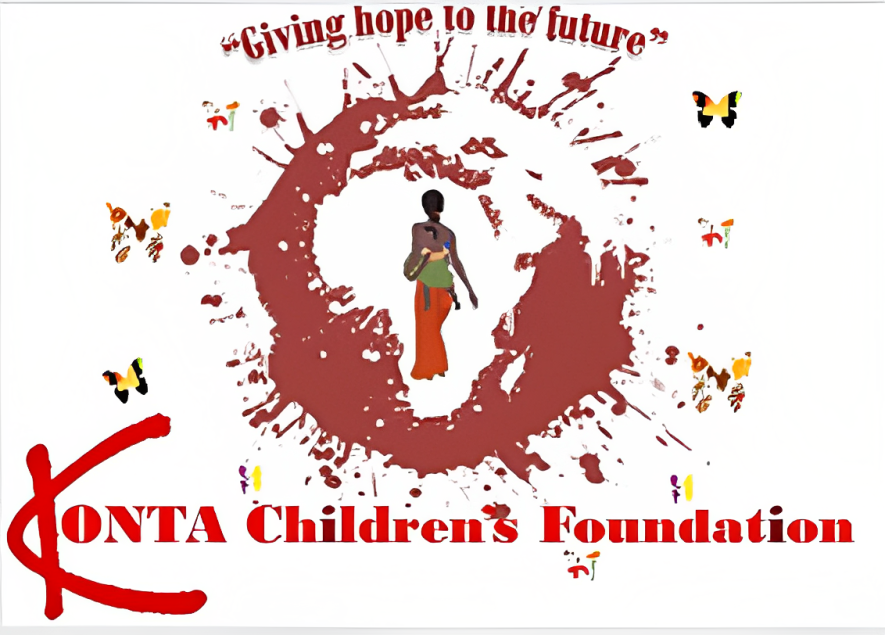BOB DYLAN

Bob Dylan (legally Robert Dylan, born Robert Allen Zimmerman, May 24, 1941) is an American singer-songwriter. Generally regarded as one of the greatest songwriters ever, Dylan has been a major figure in popular culture over his 60 year career. Much of his most celebrated work dates from the 1960s, when songs such as “Blowin’ in the Wind” (1963) and “The Times They Are a-Changin'” (1964) became anthems for the civil rights and antiwar movements. His lyrics during this period incorporated political, social, philosophical, and literary influences, defying pop music conventions and appealing to the burgeoning counterculture.
Dylan was born and raised in St. Louis County, Minnesota. Following his self-titled debut album of traditional folk songs in 1962, he made his breakthrough as a songwriter with the release of The Freewheelin’ Bob Dylan the next year. The album features “Blowin’ in the Wind” and the thematically complex “A Hard Rain’s a-Gonna Fall”. Many of his songs adapted the tunes and phrasing of older folk songs. He went on to release the politically charged The Times They Are a-Changin’ and the more lyrically abstract and introspective Another Side of Bob Dylan in 1964. In 1965 and 1966, Dylan drew controversy among folk purists when he adopted electrically amplified rock instrumentation, and in the space of 15 months recorded three of the most important and influential rock albums of the 1960s: Bringing It All Back Home, Highway 61 Revisited (both 1965) and Blonde on Blonde (1966). His six-minute single “Like a Rolling Stone” (1965) expanded commercial and creative boundaries in popular music.
In July 1966, a motorcycle accident led to Dylan’s withdrawal from touring. During this period, he recorded a large body of songs with members of the Band, who had previously backed him on tour. These recordings were later released as the collaborative album The Basement Tapes in 1975. In the late 1960s and early 1970s, Dylan explored country music and rural themes in John Wesley Harding (1967), Nashville Skyline (1969), and New Morning (1970). In 1975, he released Blood on the Tracks, which many saw as a return to form. In the late 1970s, he became a born-again Christian and released a series of albums of contemporary gospel music before returning to his more familiar rock-based idiom in the early 1980s. Dylan’s 1997 album Time Out of Mind marked the beginning of a renaissance for his career. He has released five critically acclaimed albums of original material since then, the most recent being Rough and Rowdy Ways (2020). He also recorded a series of three albums of traditional American standards, especially songs recorded by Frank Sinatra, and an album smoothing his early rock material into a mellower Americana sensibility, Shadow Kingdom (2023). Dylan has toured continuously since the late 1980s on what has become known as the Never Ending Tour.
Since 1994, Dylan has published nine books of paintings and drawings, and his work has been exhibited in major art galleries. He has sold more than 145 million records, making him one of the best-selling musicians ever. He has received numerous awards, including the Presidential Medal of Freedom, ten Grammy Awards, a Golden Globe Award and an Academy Award. Dylan has been inducted into the Rock and Roll Hall of Fame, Nashville Songwriters Hall of Fame and the Songwriters Hall of Fame. The Pulitzer Prize Board in 2008 awarded him a special citation for “his profound impact on popular music and American culture, marked by lyrical compositions of extraordinary poetic power”. In 2016, Dylan was awarded the Nobel Prize in Literature “for having created new poetic expressions within the great American song tradition”.
Bob Dylan was born Robert Allen Zimmerman in St. Mary’s Hospital on May 24, 1941, in Duluth, Minnesota, and raised in Hibbing, Minnesota, on the Mesabi Range west of Lake Superior. Dylan’s paternal grandparents, Anna Kirghiz and Zigman Zimmerman, emigrated from Odesa in the Russian Empire (now Ukraine) to the United States, following the pogroms against Jews of 1905. His maternal grandparents, Florence and Ben Stone, were Lithuanian Jews who had arrived in the United States in 1902. In his autobiography, Chronicles: Volume One, Dylan wrote that his paternal grandmother’s family was originally from the Kağızman district of Kars Province in northeastern Turkey.
Dylan’s father Abram Zimmerman and his mother Beatrice “Beatty” Stone were part of a small, close-knit Jewish community. They lived in Duluth until Dylan was six, when his father contracted polio and the family returned to his mother’s hometown, Hibbing, where they lived for the rest of Dylan’s childhood, and his father and paternal uncles ran a furniture and appliance store. In his early years he listened to the radio—first to blues and country stations from Shreveport, Louisiana, and later, when he was a teenager, to rock and roll.[23]
Dylan formed several bands while attending Hibbing High School. In the Golden Chords, he performed covers of songs by Little Richard and Elvis Presley. Their performance of Danny & the Juniors’ “Rock and Roll Is Here to Stay” at their high school talent show was so loud that the principal cut the microphone. In 1959, Dylan’s high school yearbook carried the caption “Robert Zimmerman: to join ‘Little Richard'”. That year, as Elston Gunnn, he performed two dates with Bobby Vee, playing piano and clapping. In September 1959, Dylan moved to Minneapolis and enrolled at the University of Minnesota. His focus on rock and roll gave way to American folk music, as he explained in a 1985 interview:
The thing about rock’n’roll is that for me anyway it wasn’t enough … There were great catch-phrases and driving pulse rhythms … but the songs weren’t serious or didn’t reflect life in a realistic way. I knew that when I got into folk music, it was more of a serious type of thing. The songs are filled with more despair, more sadness, more triumph, more faith in the supernatural, much deeper feelings.
Living at the Jewish-centric fraternity Sigma Alpha Mu house, Dylan began to perform at the Ten O’Clock Scholar, a coffeehouse a few blocks from campus, and became involved in the Dinkytown folk music circuit. During this period, he began to introduce himself as “Bob Dylan”. In his memoir, he wrote that he considered adopting the surname Dillon before unexpectedly seeing poems by Dylan Thomas, and deciding upon that less common variant. Explaining his change of name in a 2004 interview, he said, “You’re born, you know, the wrong names, wrong parents. I mean, that happens. You call yourself what you want to call yourself. This is the land of the free.”













